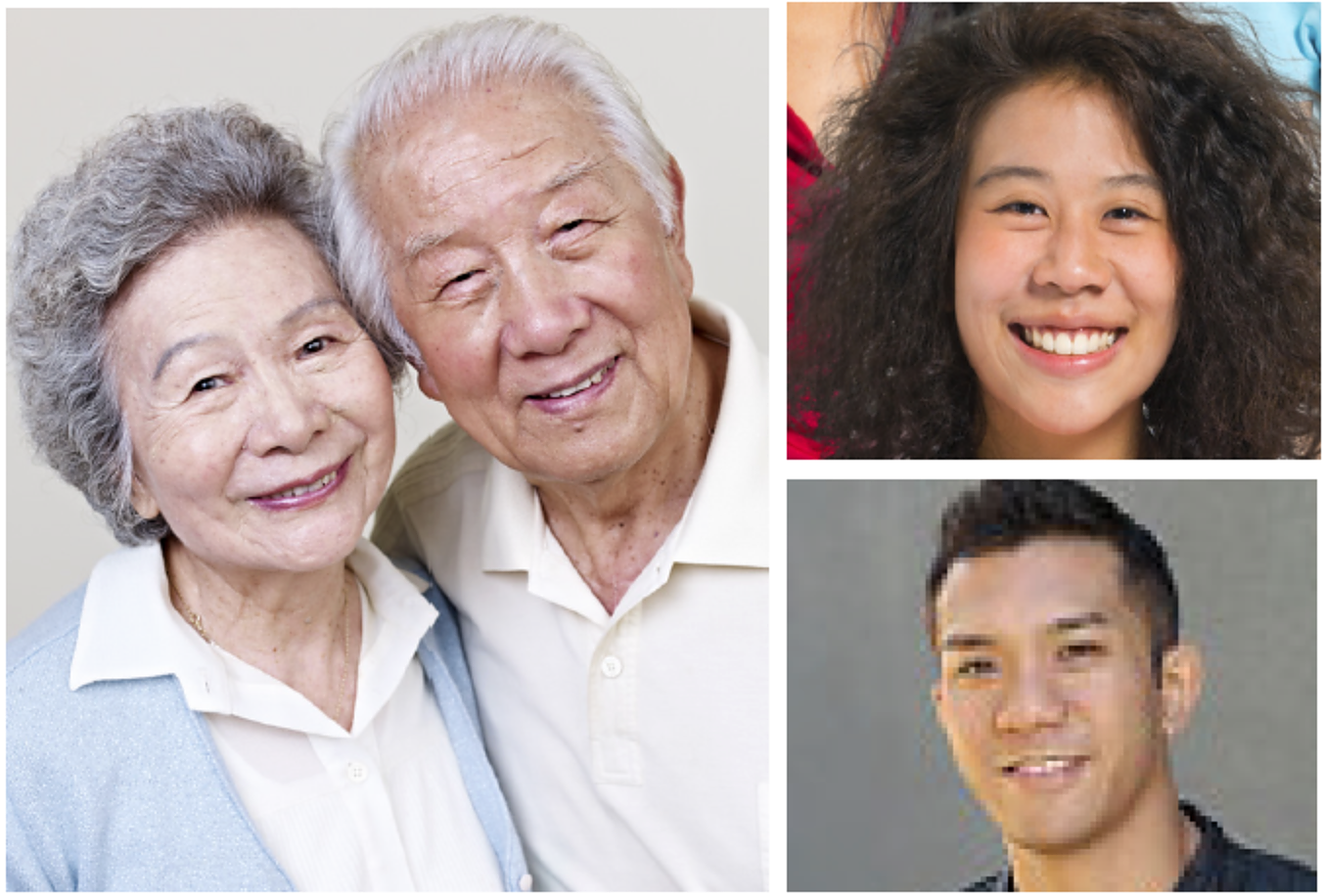Hepatitis B - At-A-Glance - Asian American and Pacific Islander Communities
 Hepatitis B virus (HBV) impacts the lives of 1 in 12 Asian Americans and Pacific Islanders (AAPIs). In the United States, 2.2 million people are living with HBV. Fifty percent (50%) of people with HBV are AAPIs. Globally, 257 million people are living with HBV.
Hepatitis B virus (HBV) impacts the lives of 1 in 12 Asian Americans and Pacific Islanders (AAPIs). In the United States, 2.2 million people are living with HBV. Fifty percent (50%) of people with HBV are AAPIs. Globally, 257 million people are living with HBV.
What is Hepatitis B?
Hepatitis B is a highly preventable liver disease caused by the hepatitis B virus (HBV) that lives in the infected person’s body fluids. While healthy adults can often fight off and remove the virus in early stage, if the infection does not go away
and is left untreated, it can cause the liver to swell and form scars. This can cause liver failure or liver cancer.
How is Hepatitis B spread?
The hepatitis B virus (HBV) spreads when blood, semen or vaginal fluid of someone infected enters another person’s body.
A person with HBV can give the virus to another person from:
- Birth (mother to baby)
- Unprotected vaginal, anal and/or oral sex
- Sharing needles or syringes
- Sharing a toothbrush or razors
- Direct contact with the blood or open sores of an infected person
What are the recommendations for AAPIs?
A simple blood test can show whether the person is infected with HBV or needs vaccination.
The Centers for Disease Control and Prevention (CDC) recommends that AAPIs get tested and vaccinated for HBV.
Talk to a doctor about testing if you are:
- Born in a country where the rate of HBV is high or moderate including Asia and the Pacific Islands
- Unvaccinated and have at least one parent who was born in a country with high HBV rate
- Living with someone with HBV
- Having sex with someone with HBV
If you have HBV, talk to a doctor about how you can manage your liver condition and if treatment is an option for you.
LiverFoundation.org
1-800-GO-LIVER (1-800-465-4837)
Download Brochure
English
Chinese
Korean
Russian
Spanish
Vietnamese
